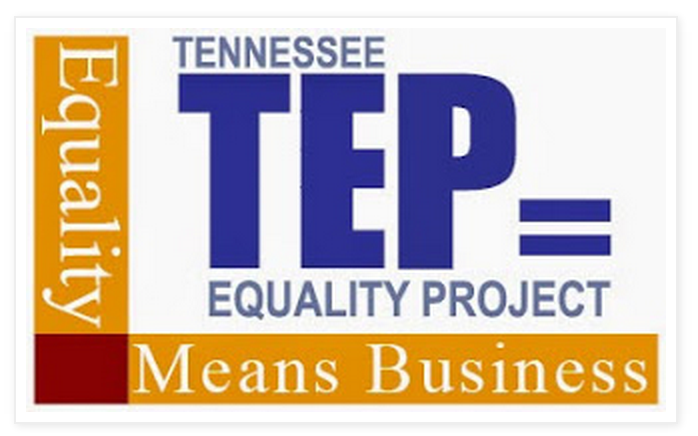
There’s more to LGBT equality than gay marriage, even though it’s a bit hard to see that through all the news coverage surrounding the impending Supreme Court decision on that issue.
But the Tennessee Equality Project (TEP) has set its sights on those other issues in its new, five-year local government advocacy agenda. The agenda, which looks at everything from anti-bullying policies in schools to affordable housing for LGBT seniors, sets the stage for TEP’s lobbying efforts in local governments throughout the state through 2019.
This is the LGBT advocacy organization’s second agenda since its founding in 2004. The first agenda was focused on getting LGBT-inclusive non-discrimination ordinances passed in cities and counties throughout the state, and TEP has been largely successful in those efforts, including in Memphis and Shelby County.
“This agenda is different from TEP’s first agenda because we had to focus on ourselves in the first agenda. Now, because some local governments are banning discrimination based on sexual orientation and gender identity, we’re freer to work in coalition with them,” said TEP Executive Director Chris Sanders.
Here’s a rundown of what’s on the new local government agenda:
1) Domestic partner registries — These will only be needed if the Supreme Court doesn’t rule in favor of same-sex marriage next month. But if that happens, TEP will begin pushing for cities and counties to establish registries, which are often accepted by private employers as proof of a relationship for the company’s own domestic partner benefit programs.
2) Safe schools — Shelby County already has an anti-bullying policy that includes sexual orientation and gender identity, but TEP will push for other school systems across the state to adopt similar policies.
3) Gender transition health care for city/county employees — TEP will push for cities and counties to include gender-related health care, such as hormones for transgender people, in insurance programs for their employees.
“One thing that gets lost in policy discussions about LGBT issues, with marriage at center stage, is the work that needs to be done to make sure transgender individuals are able to live healthy and safe lives,” said Jonathan Cole, chair and president of TEP.
4) Building relationships with law enforcement and district attorneys to address hate crimes and domestic violence.
5) Funding for youth transitional housing — Nationally, about 40 percent of homeless youth are LGBT. And sometimes, privately run shelters, specifically those run by religious groups, can be discriminatory to LGBT kids. TEP is hoping to secure more funding for housing for all homeless youth, with the hopes that more LGBT kids would be helped in the process. Cole said this issue is among TEP’s top priorities in Memphis since the Memphis Gay & Lesbian Community Center is looking to expand services for homeless youth.
6) LGBT-friendly affordable housing for seniors — Sanders said TEP will be working with local housing authorities to ensure they’re applying existing Housing and Urban Development policies, which require LGBT inclusivity.
“A lot of seniors are going back into the closet when they go into subsidized housing or a senior facility,” Sanders said. “They’re afraid in those situations because they’re at the mercy of others.”
7) LGBT-competent staff at health facilities — TEP will work with local governments to makes sure county-funded health clinics are treating LGBT patients with dignity and respect.
8) Dignity/Inclusion/Nondiscrimination resolutions for small governments — This one wouldn’t apply to Memphis and Shelby County since there’s already such an ordinance in place. But TEP will push smaller governments to pass resolutions.